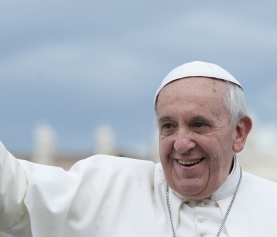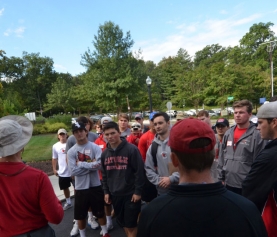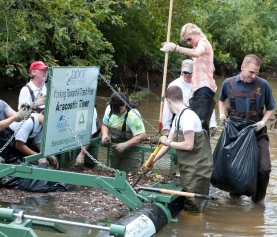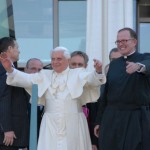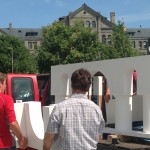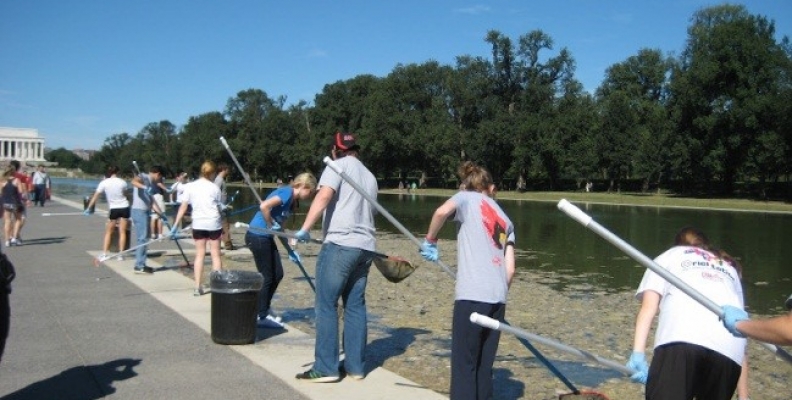
Father Eric de la Pena: “I am going to fish” (Jn. 21:3)
The district of Galilee in northern Palestine was one of the places I really enjoyed when I visited the Holy Land several years ago. It contrasted sharply with the dry and dusty region of the south, surrounded by the Judean desert. Galilee teems with life and is very lush and green — especially around Lake Gennesaret or the Sea of Galilee as it is more commonly known.
Of course, this lake played a significant part in the life of the apostles who were mostly fishermen. In fact, there is a fish in that lake that has been named after St. Peter, who once fished there. It was also on this lake that the disciples witnessed some of the awesome miracles of Christ: the miraculous catch of fish, Jesus walking over the water, and the calming of the storm. On this lake, Christ used the elements of creation to reveal himself to his disciples as the Son of God. It really is quite amazing to ponder how God uses all of nature to teach us about God.
In the Franciscan mindset, nature is the starting point of God’s revelation. St. Bonaventure calls creation the “vestiges of God” or simply the thumbprint of God. We cannot contemplate the goodness and pleasure that we find in nature without arriving at the Maker who designed it. Indeed, a certain respect and awe overtakes us whenever we realize the origin and purpose of the visible world. But this due reverence for God’s creation has often been trampled by human greed and contempt. We have seen enough forest devastation, animal abuse and global pollution in our life time to illustrate the point.
Pope Francis’ recent encyclical Laudato Si’ calls us back to our senses when he addressed the important issue of ecology. Unless we become responsible stewards of creation, Pope Francis warns, we will find ourselves regretting how much we have lost because we neglected to care for Mother Earth:
“We may well be leaving to coming generations debris, desolation and filth. The pace of consumption, waste and environmental change has so stretched the planet’s capacity that our contemporary lifestyle, unsustainable as it is, can only precipitate catastrophes, such as those which even now periodically occur in different areas of the world.” (161)
What can we do? Fortunately, we still have time to make the necessary remedies to our ecological problems. As the saying goes, “Charity begins at home,” so also is the work of repairing the environment. It begins with us. We simply cannot demand a clean surrounding, without first cleaning our own. At the same time, the enormous task of caring for the integrity of creation is more than just an individual homework assignment or a solitary concern. It requires a united effort from all sides.
In Campus Ministry we try to inculcate these important values in our student leaders and volunteers. One way of doing this is through service. During our Service Days in August and September, our students will be doing trash removal at sites across the city and on our own campus. The work may seem insignificant in the face of an enormous ecological crisis. But this is where conversion of heart truly begins. As Pope Francis insists:
“We must not think that these efforts are not going to change the world. They benefit society, often unbeknown to us, for they call forth a goodness which, albeit unseen, inevitably tends to spread. Furthermore, such actions can restore our sense of self-esteem; they can enable us to live more fully and to feel that life on earth is worthwhile.” (212)
— Father Eric de la Pena, O.F.M. Conv., is an associate chaplain for faith development at The Catholic University of America.


